The economic situation in Nigeria has become challenging for its residents, with the average person finding it increasingly difficult to afford basic necessities. Contributing factors include bad governance, oil and gas dependency, a high debt profile, infrastructure deficit, and a lack of fiscal prudence, leading to multidimensional poverty.
Nigeria’s economy is in a state of crisis, marked by shrinking foreign reserves, rising inflation, increasing poverty levels, appalling education standards, and spreading insecurity. Incidents of kidnapping along the Gbagada expressway, where “Danfo” drivers use the “one-chance model” to rob commuters, add to the growing concerns.
The recent devaluation of the naira is reaching alarming levels, with the exchange rate of $1 equivalent to N1,413, steadily increasing each day. Senior economist Andrew Matheny from Goldman Sachs notes that the devaluation makes the naira look “cheap,” potentially attracting foreign portfolio inflows under certain monetary policy circumstances.
Join our WhatsApp Channel
Protests and Social Impact
On February 6th, 2024, residents of Kano protested against the high cost of living, urging President Tinubu to open the border. The youths carried placards lamenting and calling for the reinstatement of fuel subsidies removed by President Tinubu in 2023, contributing to the weakening naira. Parents daily lament increased food prices, leading to a gradual rise in poverty, and children are out of school due to unpaid fees caused by naira inflation. On the same day, students at Michael Okpara University in Umudike, Abia State, protested against school fee increment, hindering them from taking exams, primarily due to naira inflation.
READ ALSO: Naira Dips To N1,433 At Official Market Amid Surge In Forex Transactions
Multifaceted Crisis and Security Concerns
Amidst these economic challenges, Nigeria faces a multifaceted crisis, including security concerns and social unrest. Recent developments in the northern regions indicate an uptick in criminal activities, exacerbating economic hardships and personal safety concerns for residents.
Youths Protest in Lagos
Additionally, high unemployment rates are fueling heightened frustration among the youths, resulting in daily social protests in Lagos. The demand for job opportunities and improved economic prospects is a consistent plea, underscoring the urgency for comprehensive measures to address economic and social challenges, particularly among graduates who have completed their National Youth Service Corps (NYSC) programme.
Persisting Challenges and Strategies
In response to the economic downturn, some states are exploring alternative strategies to stimulate local economies, such as promoting agriculture, encouraging small-scale businesses, and investing in renewable energy projects. Despite these efforts, challenges persist, and social media platforms buzz with discussions about economic woes, using hashtags like #NigeriaEconomicCrisis as a rallying point for citizens demanding governmental intervention.
International Observers and Coordination Efforts
International observers closely monitor Nigeria’s economic and social dynamics, recognizing the implications that extend beyond national borders and potentially affect regional stability. The pressing need for coordinated efforts, both domestically and internationally, to address the root causes of Nigeria’s predicament becomes increasingly apparent as the situation unfolds.

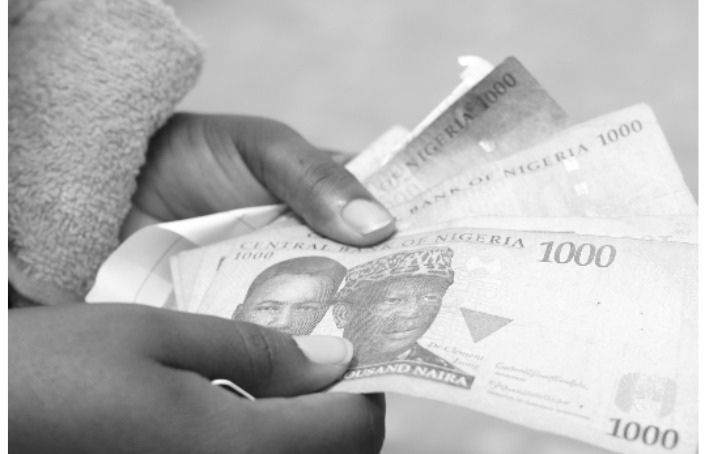
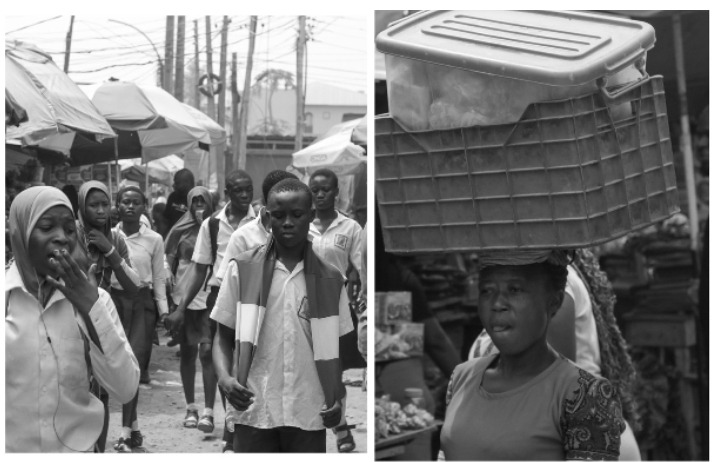




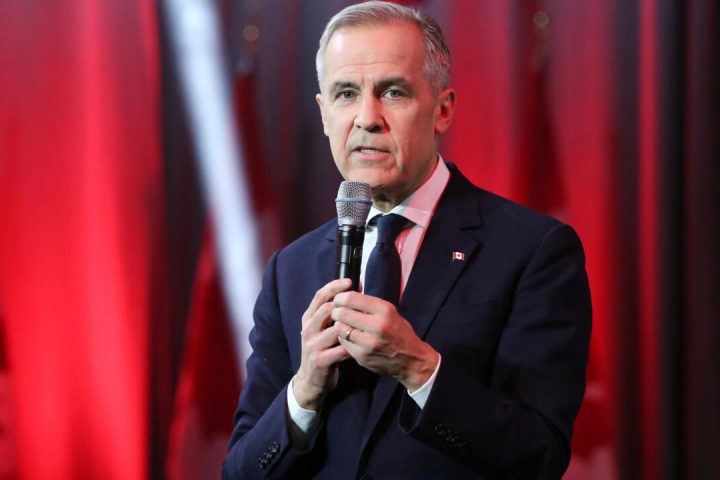






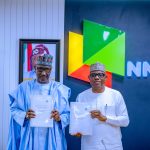

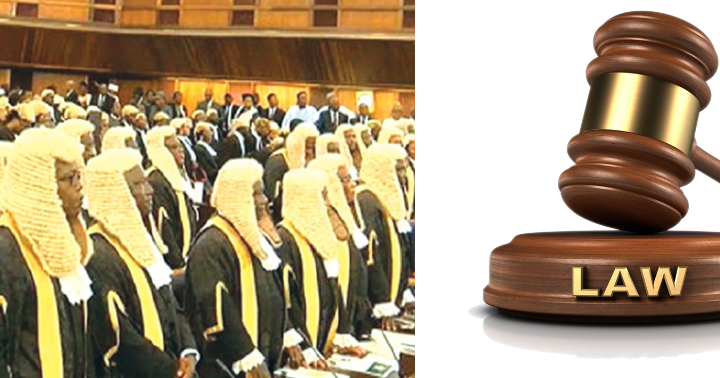


Follow Us